Search Results for: exoplanet
Skip to resultsCan’t find what you’re looking for? Visit our FAQ page.
343 results for: exoplanet
-

-
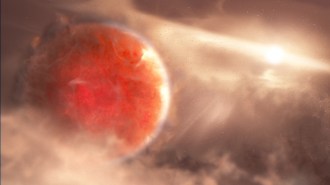 Astronomy
AstronomyA newly discovered planet renews debate about how some giant worlds form
An implosion of gas may have given birth to this young exoplanet, which orbits too far from its star to have been built up bit by bit, researchers say.
-
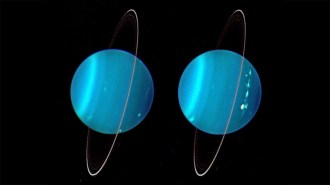 Planetary Science
Planetary ScienceU.S. planetary scientists want to explore Uranus and Enceladus next
A report on recommendations for the next 10 years of U.S. planetary science prioritizes sending an orbiter to Uranus and an “orbilander” to Enceladus.
By Liz Kruesi -
 Astronomy
AstronomyAstronomers identified a second possible exomoon
Kepler 1708 b i, a newly discovered candidate for an exoplanet moon, has a radius about 2.6 times that of Earth, a new study suggests.
By Sid Perkins -
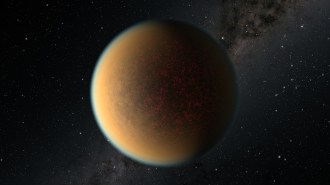 Planetary Science
Planetary ScienceOxygen-rich exoplanets may be geologically active
Experiments show that rocks exposed to higher concentrations of oxygen have a lower melting temperature than rocks exposed to lower amounts.
By Shi En Kim -
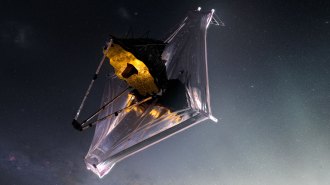 Astronomy
AstronomyThe James Webb Space Telescope has reached its new home at last
The most powerful telescope ever launched still has a long to-do list before it can start doing science.
-
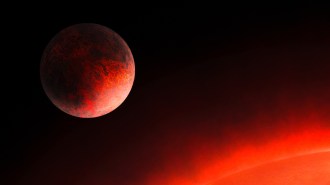 Planetary Science
Planetary ScienceThis tiny, sizzling exoplanet could be made of molten iron
A newly discovered exoplanet that whips around its star in less than eight hours is smaller than Earth, as dense as iron and hot enough to melt.
-
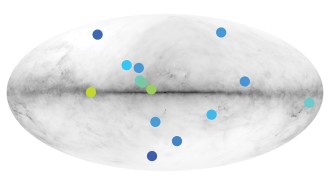 Space
SpaceThese discoveries from 2021, if true, could shake up science
Discoveries in 2021, from hidden subatomic particles to the oldest animal fossils, could shake up science. But more evidence is needed to confirm them.
By Aina Abell -
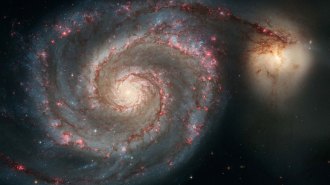 Astronomy
AstronomyAstronomers may have spotted the first known exoplanet in another galaxy
The spiral-shaped Whirlpool galaxy may be the host of the first planet spotted outside of the Milky Way.
-
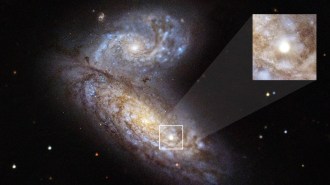 Space
SpaceA rush to watch a supernova exposed its last gasp before exploding
By studying the final years of stars, scientists hope to find clues to help them recognize when other stars are about to blow.
-
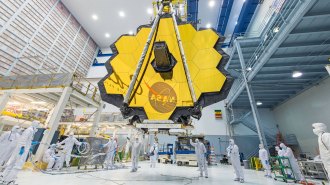 Astronomy
AstronomyWhen James Webb launches, it will have a bigger to-do list than 1980s researchers suspected
The James Webb Space Telescope has been in development for so long that space science has changed in the meantime.
-
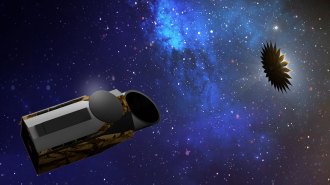 Space
SpaceHere’s what the next 10 years of space science could look like
In the latest Astronomy and Astrophysics Decadal Survey, astronomers have their sights set on a whole fleet of next-generation space telescopes.